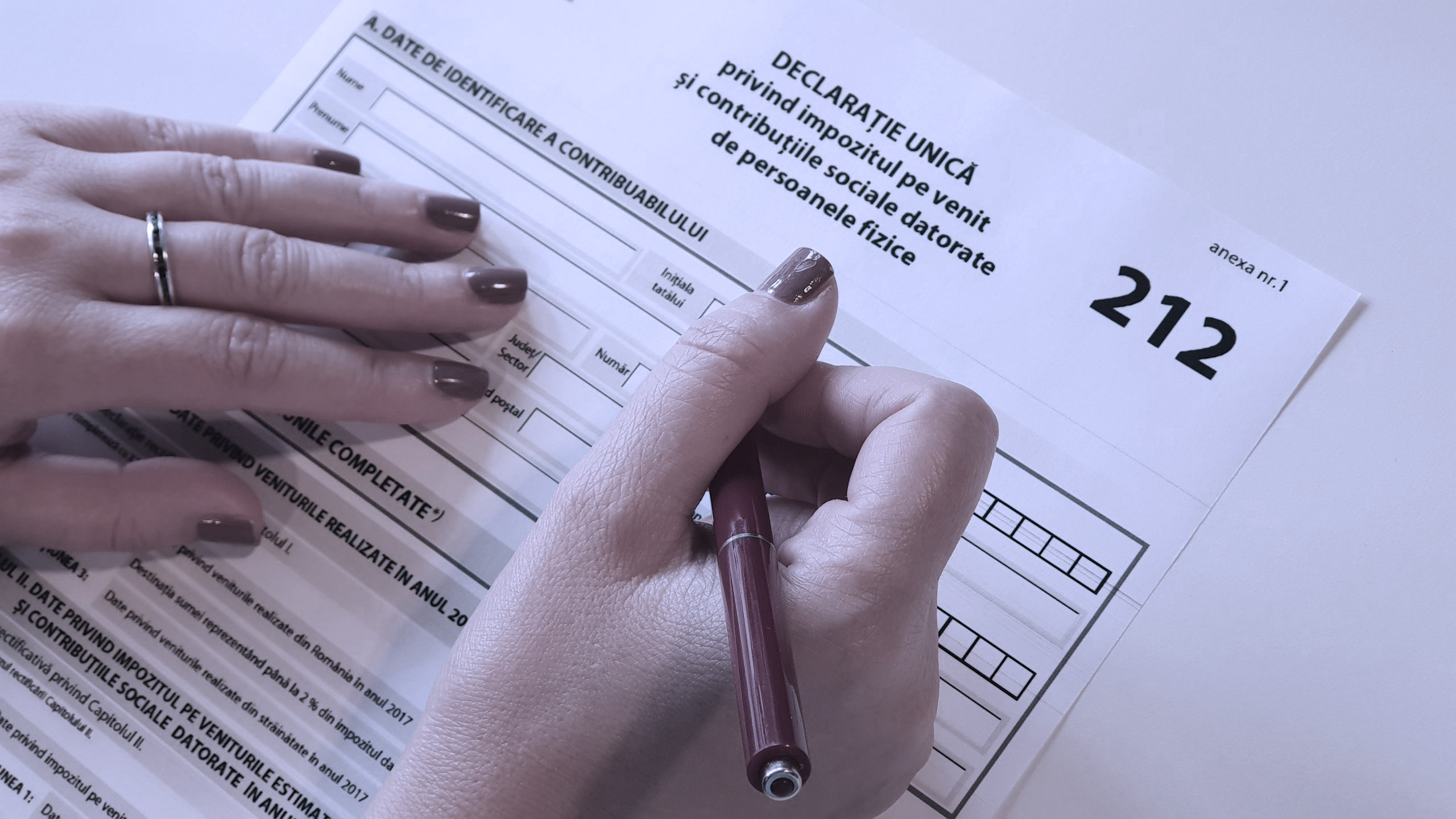Self-employed (PFA) setup and freelancer taxation in Romania

Self-employed (PFA) setup and freelancer taxation in Romania
A sole proprietorship or PFA (Persoană Fizică Autorizată) is the best legal form for self-employment. Although foreigners will find the PFA structure more difficult than natives.
Romanian PFAs must be 18 or older and have a degree or professional certificate in their specialty, and confirmation that you have not been convicted of tax evasion.
Foreign nationals must produce their passports and prove their Romanian residency. Finally, a leasing agreement or ownership document must confirm a PFA headquarters. If you're a foreigner in Romania, hire a lawyer or accountant to navigate the bureaucracy.
Romanian self-employment registration and social security
In Romania, individual proprietors and limited liability companies must register business name which must include the founder's first and last names and the legal form - persoană fizică autorizată.
After the minimum income threshold, sole owners must pay pension and health contributions. If your income is below the minimal salary, you just pay income taxes. 25% (pension) and 10% (health) of the annual minimum earnings are contributed. Contributions are 8,736 RON if your income exceeds 24,960 RON.
Taxation and VAT
Self-employed people are taxed the same as limited liability companies. Art. 269 of the Fiscal Code requires all regular income earners to register.
The state taxes income and earnings at 10%, one of the lowest in Europe. Sole proprietors declare income tax annually by March 15th and up to 30 days after business activity.
Sales and clients determine VAT registration. Regardless of revenue, EU clients require VAT registration. If you only operate with Romanian clients and earn above 300,000 RON, you must register for VAT. VAT reporting - submit reports weekly or quarterly.
Alternatively, you can use Abillio - invoicing and tax compliance service for cross-border freelancing. In Abillio's case, you don't need to establish a legal entity or apply for VAT, with Abillio's company-as-a-service solution you can start your freelancing business right away. Register your free account here >>
Note: This information is from official sources and should not be considered as a substitute for legal advice. Always check official websites or consult a lawyer or tax consultant before taking action.